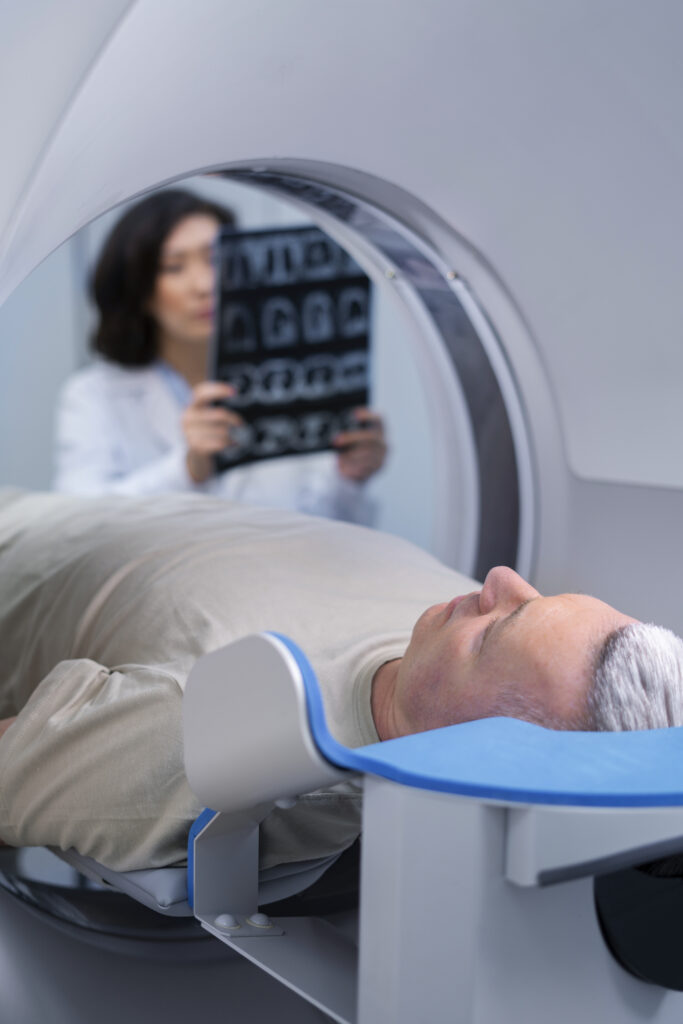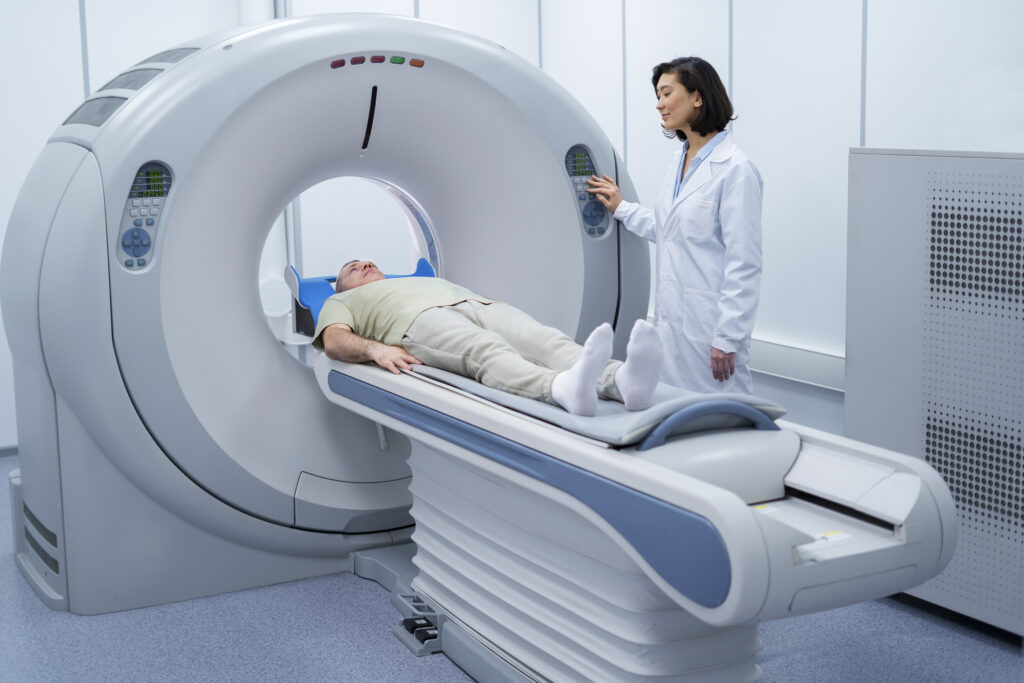Radiotherapy is a critical tool in cancer treatment, helping millions of patients combat the disease by targeting and destroying cancer cells. However, for cancer survivors, life after radiotherapy comes with a unique set of challenges and experiences. While radiotherapy can be highly effective in treating or managing cancer, it can also impact various aspects of a survivor’s quality of life (QoL), both positively and negatively.
How Radiotherapy Impacts Quality of Life
Radiotherapy’s effects on quality of life can be multifaceted, varying from person to person depending on the type of cancer treated, the dose of radiation received, and individual health factors. While the primary goal is to eliminate cancer, the process can lead to both short-term and long-term effects.
1. Physical Health and Function
Cancer survivors often experience a range of physical effects from radiotherapy, some of which may last for years after treatment. These include:
- Fatigue: One of the most common side effects of radiotherapy, fatigue can linger long after treatment ends. Many survivors describe feeling unusually tired, with a lack of energy to perform daily tasks.
- Skin Changes: Radiation can cause skin irritation or discoloration in the treated area. Although these issues usually resolve over time, some survivors may have permanent changes in skin texture or sensitivity.
- Organ and Tissue Damage: In some cases, radiation can affect nearby organs or tissues, leading to long-term issues like lung fibrosis (scarring), heart damage, or decreased organ function. For instance, breast cancer survivors who underwent chest radiation may face increased risks of heart or lung issues later in life.
- Lymphedema: Survivors of cancers like breast or pelvic cancer, who received radiation near lymph nodes, may experience lymphedema—swelling caused by the buildup of lymphatic fluid—due to damage to the lymphatic system.
While many physical side effects can diminish over time, the long-term consequences may require ongoing medical attention and lifestyle adjustments.
2. Emotional and Mental Well-Being
Surviving cancer can be emotionally taxing, and radiotherapy often contributes to heightened anxiety and stress. Emotional and mental health impacts can include:
- Depression and Anxiety: The uncertainty of cancer recurrence, coupled with the physical side effects of treatment, can lead to feelings of depression or anxiety. Some survivors experience post-traumatic stress due to the intensity of their treatment journey.
- Cognitive Impairments: Some survivors, especially those who receive radiation to the brain, may experience cognitive changes such as memory problems, difficulty concentrating, or “brain fog.” These symptoms can make it harder to return to work or maintain personal relationships.
- Fear of Recurrence: Even after successful treatment, many survivors live with the fear of cancer returning. This fear can sometimes overshadow the joy of remission, leading to a constant sense of vigilance and anxiety.
3. Social and Personal Life
Radiotherapy can also impact survivors’ social and personal lives in both subtle and significant ways. These effects include:
- Body Image and Confidence: Physical changes from radiation, such as scars or changes in body shape, can affect how survivors perceive themselves. This may lead to lower self-esteem or discomfort in social settings, particularly in intimate relationships.
- Work and Daily Activities: The fatigue and physical limitations caused by radiotherapy may affect a survivor’s ability to return to work or participate in hobbies and activities they once enjoyed. Adapting to a “new normal” post-treatment can be challenging and may require adjustments in career or lifestyle.
- Relationships: The emotional strain of surviving cancer can affect relationships with family, friends, and partners. Some survivors find that they need more emotional support, while others may struggle to reconnect with loved ones who have difficulty understanding the lasting effects of their cancer experience.

Positive Impacts of Radiotherapy on Quality of Life
While radiotherapy can have challenging side effects, it also offers life-saving benefits that significantly improve survivors’ overall quality of life in the long run.
1. Cancer Control and Survival
For many patients, the ultimate benefit of radiotherapy is its effectiveness in controlling or curing cancer. By successfully targeting and eliminating cancer cells, radiotherapy can lead to remission and long-term survival, providing survivors with the opportunity to live cancer-free.
2. Symptom Relief
In addition to curing or controlling cancer, radiotherapy can also relieve symptoms caused by tumors, such as pain or pressure on surrounding organs. This is particularly beneficial for patients with advanced cancers, where radiation may be used palliatively to improve comfort and well-being.
3. Functional Improvement
For certain cancers, radiotherapy can help preserve organ function. For example, radiation may shrink tumors enough to avoid surgery or allow less invasive treatments, preserving a patient’s ability to perform daily activities with minimal disruption.
Managing and Improving Quality of Life After Radiotherapy
Cancer survivors can take several steps to improve their quality of life after radiotherapy, especially when dealing with the long-term side effects.
1. Physical Rehabilitation
Engaging in physical therapy or rehabilitation programs can help survivors regain strength, mobility, and energy after radiotherapy. Exercises tailored to the individual’s needs can ease fatigue, improve cardiovascular health, and reduce the risk of lymphedema.
2. Psychological Support
Counseling or therapy can be invaluable for cancer survivors dealing with depression, anxiety, or cognitive changes. Cognitive-behavioral therapy (CBT) and support groups provide emotional outlets and coping strategies for survivors struggling with the mental health challenges of post-radiotherapy life.
3. Regular Medical Follow-ups
Ongoing monitoring is essential for managing any long-term health effects caused by radiotherapy. Regular check-ups with oncologists or other specialists can help detect and address issues early, such as organ damage or the risk of secondary cancers.
4. Healthy Lifestyle Choices
Maintaining a healthy lifestyle—eating a balanced diet, exercising regularly, and avoiding smoking or excessive alcohol consumption—can improve overall well-being and reduce the risk of cancer recurrence. Proper nutrition and hydration can also help the body recover from the stresses of radiotherapy.
5. Social Support Networks
Building and maintaining strong relationships with friends, family, and fellow survivors can provide emotional support and companionship throughout recovery. Support groups, whether in-person or online, allow survivors to share experiences and strategies for overcoming post-treatment challenges.
Conclusion
The impact of radiotherapy on the quality of life for cancer survivors is multifaceted, encompassing both challenges and rewards. While survivors may face physical, emotional, and social hurdles as a result of treatment, radiotherapy also offers life-saving benefits that improve long-term survival and overall well-being. By managing side effects through rehabilitation, psychological support, and lifestyle changes, survivors can improve their post-treatment quality of life and enjoy fulfilling, cancer-free lives.




